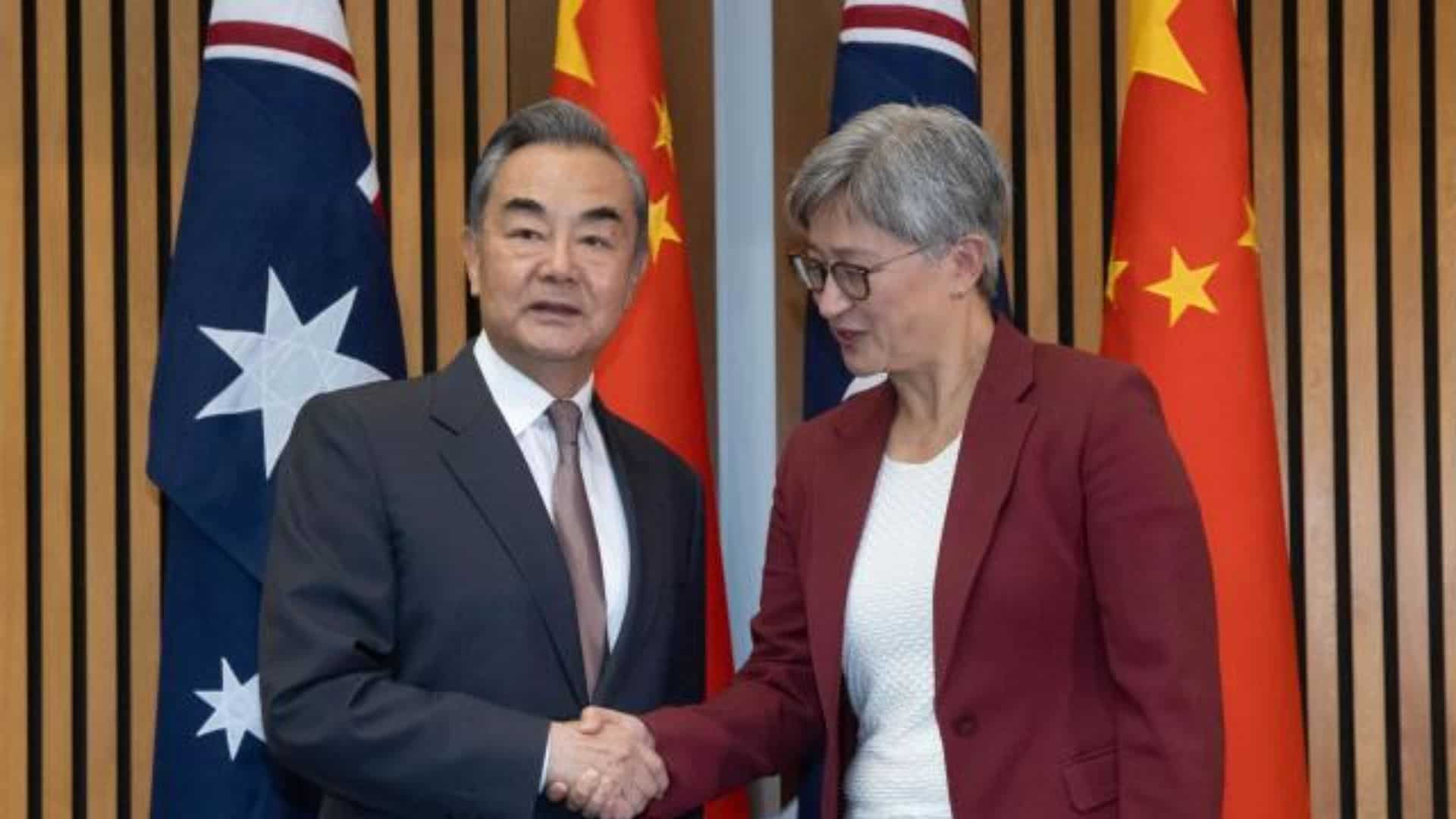Australia’s top diplomat, Penny Wong, expressed grave concerns to her Chinese counterpart about the implications of Hong Kong’s national security reforms. The dialogue aimed to address strained relations between the two nations.
Concerns Raised by Penny Wong
Penny Wong highlighted that the national security reforms in Hong Kong could breach international commitments. She emphasized the potential erosion of rights and freedoms that China had previously agreed to uphold.
Global Implications and Australian Stance
Australia views the repercussions of the Hong Kong legislation as extensive, with potential effects reaching individuals within Australia. The laws pose challenges domestically and internationally, extending beyond China and Hong Kong.
Strained Relations
Wong’s remarks on the national security reforms are likely to further strain relations between Australia and China. Despite diplomatic tensions, Australia remains vocal about human rights violations and erosion of freedoms in Hong Kong.
Background on Hong Kong’s Status
Hong Kong transitioned from a British colony to a Special Administrative Region of China in 1997 under the “one country, two systems” framework. This arrangement aimed to preserve Hong Kong’s autonomy and distinct legal system.
Reactions to the National Security Legislation
The newly introduced national security legislation in Hong Kong has faced condemnation from Australia and its Western allies. The legislation imposes severe penalties and has raised concerns about its extraterritorial reach.
Exiled Politician’s Perspective
Exiled Hong Kong politician Ted Hui, now residing in Australia, denounced the legislation as a blow to Hong Kong’s freedoms and democracy. He sees it as a sign of China’s authoritarian influence and potential further repression in the region.
















































